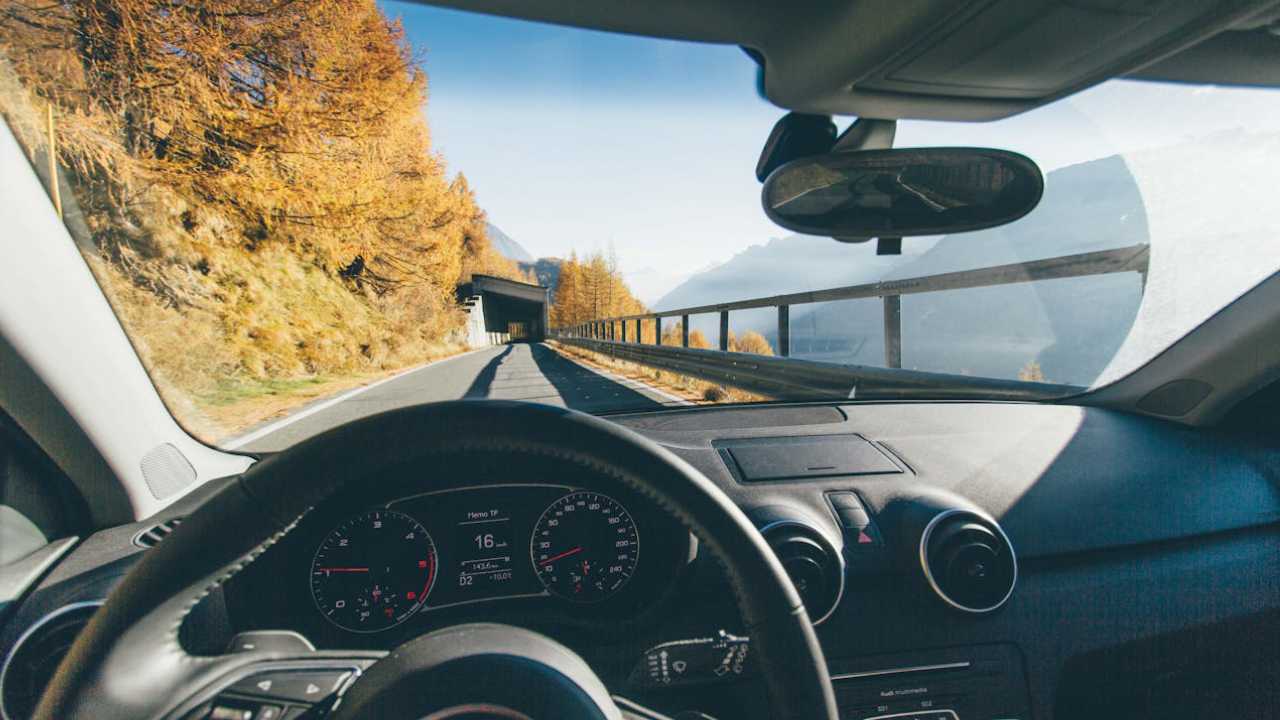

Sponsored Ads

Sponsored Ads

Self-driving cars are no longer science fiction. You can see a lot of these cars in cities like San Jose. With the advancement of autonomous vehicle technology, we are getting closer to a future where self-driving cars become part of our daily lives. However, autonomous vehicles are not immune to accidents like any other technology. When these vehicles fail, determining liability becomes more complex than a traditional car accident. Multiple parties could potentially be held responsible in an accident involving a self-driving car in San Jose.
The Following Parties Can Be Sued by the Victim of a Self-Driving Car Accident
Vehicle Manufacturer
The first party that can be held liable in a self-driving car accident is the manufacturer of the vehicle. A manufacturer is liable for its car being safe, either in terms of physical structure or technological performance. For instance, if the car’s automated system fails to detect an obstacle or makes a wrong decision that may have led to the cause of the accident, there might be a case related to a design or manufacturing fault. In such situations, consulting a rideshare accident attorney can help determine liability and explore legal options for compensation.
Under such circumstances, it might be possible for one to file a lawsuit against the manufacturers, especially considering there is evidence that they were aware of the safety issues of their vehicles but went on without correcting them. In such a case, the car accident victim can take the help of a San Jose car accident lawyer to navigate the complex legal processes and obtain compensation.
Software Developers
Self-driving cars rely heavily on sophisticated software to function. This software needs to process data coming from cameras, radar, lidar, and other sensors in real-time to make swift and accurate decisions about driving. If there is a glitch, bug, or coding error in the software that causes malfunctioning of the car, then the company that developed the software would be liable.
For example, if the software fails to “see” a pedestrian or misinterprets a traffic light, this may be due to faulty programming. In this scenario, you could potentially sue the software developer, especially if they overlooked testing or failed to account for certain risks.
Component Manufacturers
A self-driving car is made up of many parts, like cameras, radar, and sensors. Each part plays a key role in helping the car “see” and respond to its environment. If one of these component malfunctions, it could lead to an accident. In that case, the company that made the defective part—such as a camera that fails to detect an approaching car—might be held accountable.
In this situation, you would likely file a product liability claim. It’s similar to cases where people sue over defective airbags or brakes in regular cars. If the crash happened because a sensor failed, then the manufacturer of that sensor might be responsible.
The Owner or Driver of the Vehicle
Sometimes, the owner or the person operating the self-driving car could be responsible. While some self-driving cars are meant to operate independently, others still require a person to monitor or even take control in certain situations. If an accident happened because the operator wasn’t paying attention, they could be held partially at fault.
For example, if the operator was supposed to be ready to take over but was distracted, they might be liable—similar to how a driver can be held responsible for texting behind the wheel in a regular car.
Final Thoughts
Self-driving cars bring exciting new technology, but they also bring new questions about who’s responsible when things go wrong. With so many players involved—from manufacturers to software developers—figuring out who to sue in a self-driving car accident can be complex.
If you’re ever in an accident with a self-driving car, it’s a good idea to work with a San Jose car accident lawyer who understands this new technology and the legal issues around it. They can help you identify the right people or companies to hold accountable.
Sponsored Ads

Sponsored Ads

